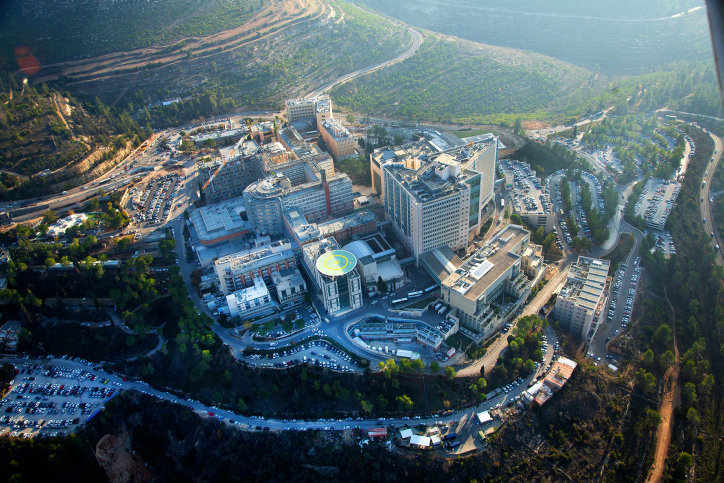
With 21 staff members having lost immediate family members and hundreds serving as reservists, it’s the unseen bravery of these heroes that keeps Gozlan and her team working 500 days later.
Dawn hadn’t yet broken over Jerusalem when the first casualties began arriving at Hadassah’s emergency rooms on October 7, 2023.
The hospital staff didn’t know it then, but they were about to treat victims of the deadliest attack on Israeli soil in decades, even as some of their own loved ones were caught in the violence.
Lilach Gozlan, head of staff welfare at Hadassah, remWith 21 staff members having lost immediate family members and hundreds serving as reservists, it’s the unseen bravery of these heroes that keeps Gozlan and her team working 500 days later.embers those first days vividly. When she learned that one employee’s family had fallen into financial crisis after losing a relative at Nova, she knew they had to act.
“We couldn’t leave them alone, helpless,” she says.
The hospital’s initial response looked a lot like triage. They set up a welfare fund. They mobilized 500 volunteers to call every single employee, paying special attention to the 86 staff members living within range of Gaza.
However, money and phone calls were just the beginning.
Children were another immediate concern. With schools closed and parents needed at the hospital, Hadassah’s welfare department transformed protected spaces near the hospital into makeshift daycare centers.
Pre-army volunteers and professional staff cared for up to 200 kids, from newborns to 12-year-olds, running from early morning until late afternoon.
Then came the military call-ups. Over 400 Hadassah employees joined the reserves, along with nearly 500 of their family members.
When these workers started returning to their hospital jobs, the cracks began to show. Some of them couldn’t shake what they’d seen.
“In COVID there was a set formula, we’d send food packages to those affected and so on,” Gozlan explains. “But there were no procedures for October 7 and what’s happened since.”
Yet the hospital kept adapting. They brought in experts for webinars on trauma. They trained managers on how to support returning soldiers.
They worked to keep peace between Jewish and Arab staff members. They even brought in performers to lift spirits.
With 21 staff members having lost immediate family members and hundreds serving as reservists, it’s the unseen bravery of these heroes that keeps Gozlan and her team working 500 days later.
They’re still distributing aid packages, still providing counseling, and still making sure no one falls through the cracks.
The post Inside a hospital’s remarkable mission to heal its healers post-Oct. 7 appeared first on World Israel News.